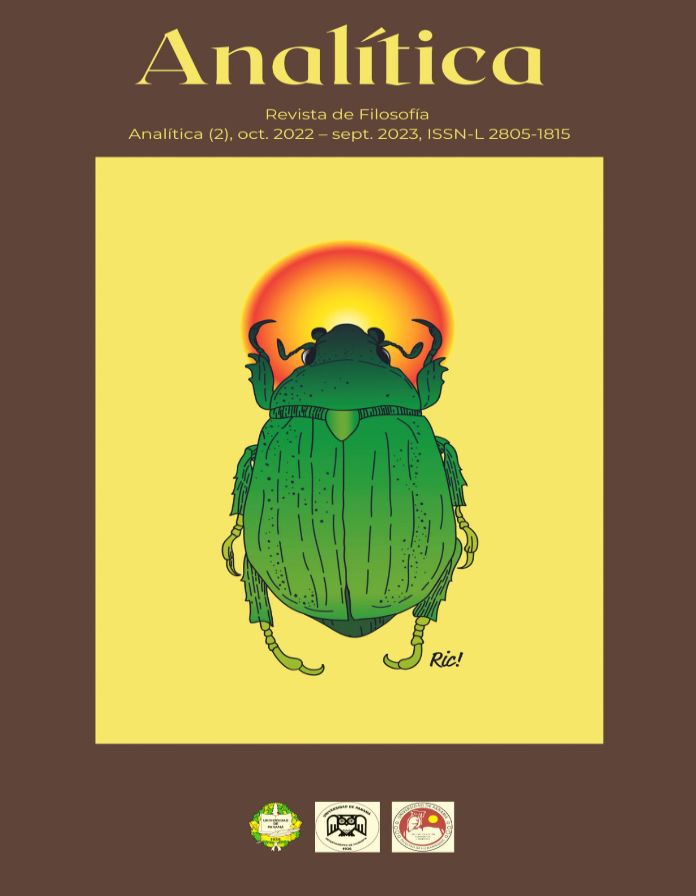


Este trabalho está licenciado sob uma licença Creative Commons Attribution-NonCommercial-ShareAlike 4.0 International License.
As understood by the philosopher Parmenides, and as supported by Jaspers’ interpretation, Being, or the ontological grounding of all, establishes that there is always something rather than nothing. Accordingly,we readers would be right to claim that since there is always something rather than nothing, Parmenides’ Being is exempt from causation. In other words, Being, as uncaused, is an integral principle of Parmenides’ philosophy, and all that follows from Being is Being. Similarly, if we turn to Plato’s Timaeus, we readers find that the crafter, or demiurge of our cosmos, is exempt from causation too; however, the universe is a product of causation, and thus is not eternal for its coming-to-be serves as evidence of its potential for demise. Yet, who are we to follow, and why, regarding the universe’s ontological status as everlasting or able to decay, Parmenides, or Plato? First, this piece will describe Parmenides’ metaphysics of Being along with the aid of Jaspers’ writings on this Pre-Socratic. Next, this essay will then turn to Plato’s treatment of ontology using key excerpts from Timaeus. Finally, this article will provide support for Parmenides’ doctrine of Being over Plato’s division between necessary being and the universe of becoming.